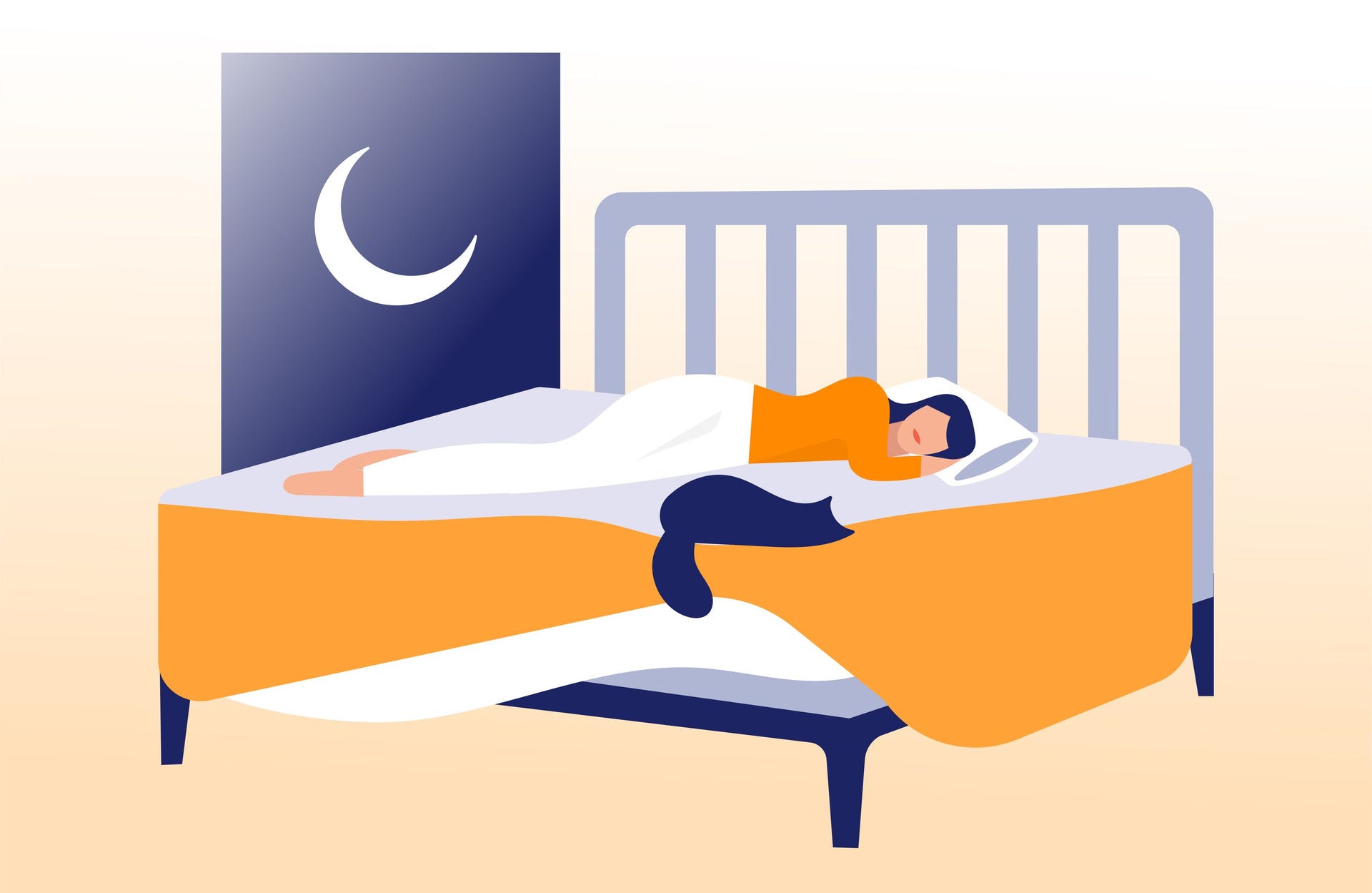
To mark World Mental Health Day we conducted a survey to understand how people are coping with the current climate of economic uncertainty and what impact this has on mental health and sleep
Every year on 10 October, the World Health Organization (WHO) and the World Federation for Mental Health raise awareness of the importance of mental health.
One of the most important factors for mental health is sleep. Sleep affects our general mood and mental health in many ways and striving for optimal and healthy quality of sleep can help us limit the likelihood of developing mental health problems. On the other hand, multiple studies have linked financial stress with poor mental health and lack of sleep. Sleep is vital to our physical and psychological well-being. In fact, based on another recent survey conducted by Emma - The Sleep Company in the UK, sleep is seen as a priority among people as it is the activity that contributes the most to a person's well-being, along with physical exercise, a healthy diet, and social time.

Current Economic Climate

Rising Living Cost

Sick Days
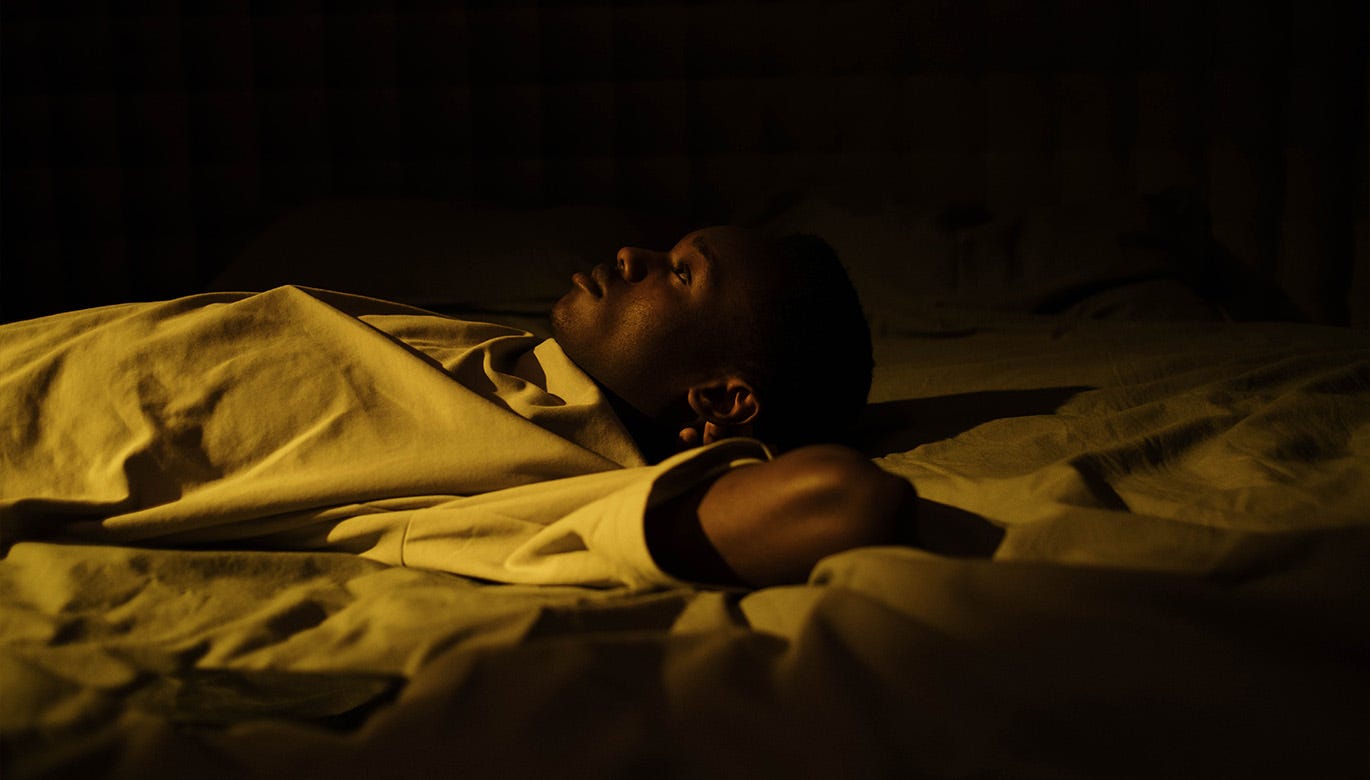
The rising cost of living is affecting the sleep of one in four Europeans, reveals a survey carried out in September 2022 by Emma-The Sleep Company, to coincide with World Mental Health Day. At a time of economic uncertainty, with inflation at 9.1% on the date of the survey in the Eurozone and 9.9% in the UK, approximately four in 10 Europeans (44%) say they are feeling more anxious and more depressed (38%), due to the current situation.
According to the study, carried in four European countries (UK, Germany, Spain and Portugal) and focusing on population between the ages of 16 and 65, one in four Europeans classify their mental health as poor (27%), a problem which seems to affect women (35%) more than men (22%). Already three in four respondents (79%) consider that sleep has an impact on mental health. Approximately 40 percent of those questioned were not satisfied with the quality of sleep in the previous two weeks and 36 per cent of those questioned said that they slept five hours or less, with 30 percent saying that they slept less than usual. In the UK, 44 percent of the inquired people are sleeping 5 or less hours, a high value specially when compared with Portugal (28%).

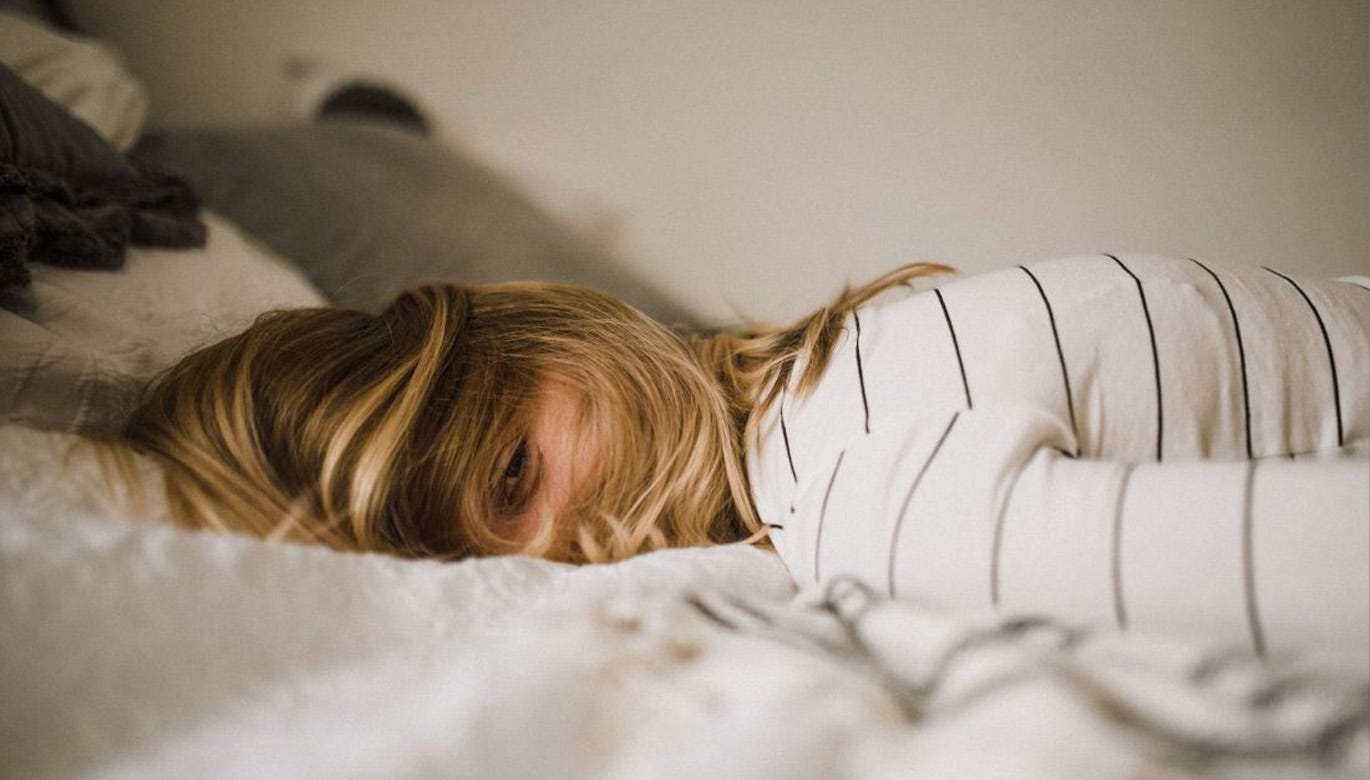
When asked about the impact that sleeping badly has on multiple aspects of their lives, three out of four Europeans highlighted lower productivity at work, in their studies and/or at domestic tasks and six out of ten felt a rise in depressive feelings (59%) and anxiety levels (57%), as well as a decrease in empathy (56%). Half of the respondents consider that a bad night's sleep decreases libido (49%).
Approximately, one in four Europeans revealed that they had missed work at least once in 2022 because they had slept badly and five per cent admits having taken 6 or more sick leaves for the same reason. Another interesting fact is that the more sick days taken, the fewer hours slept (6 out of 10 people who took six or more sick days only slept between 3 and 5 hours a night).
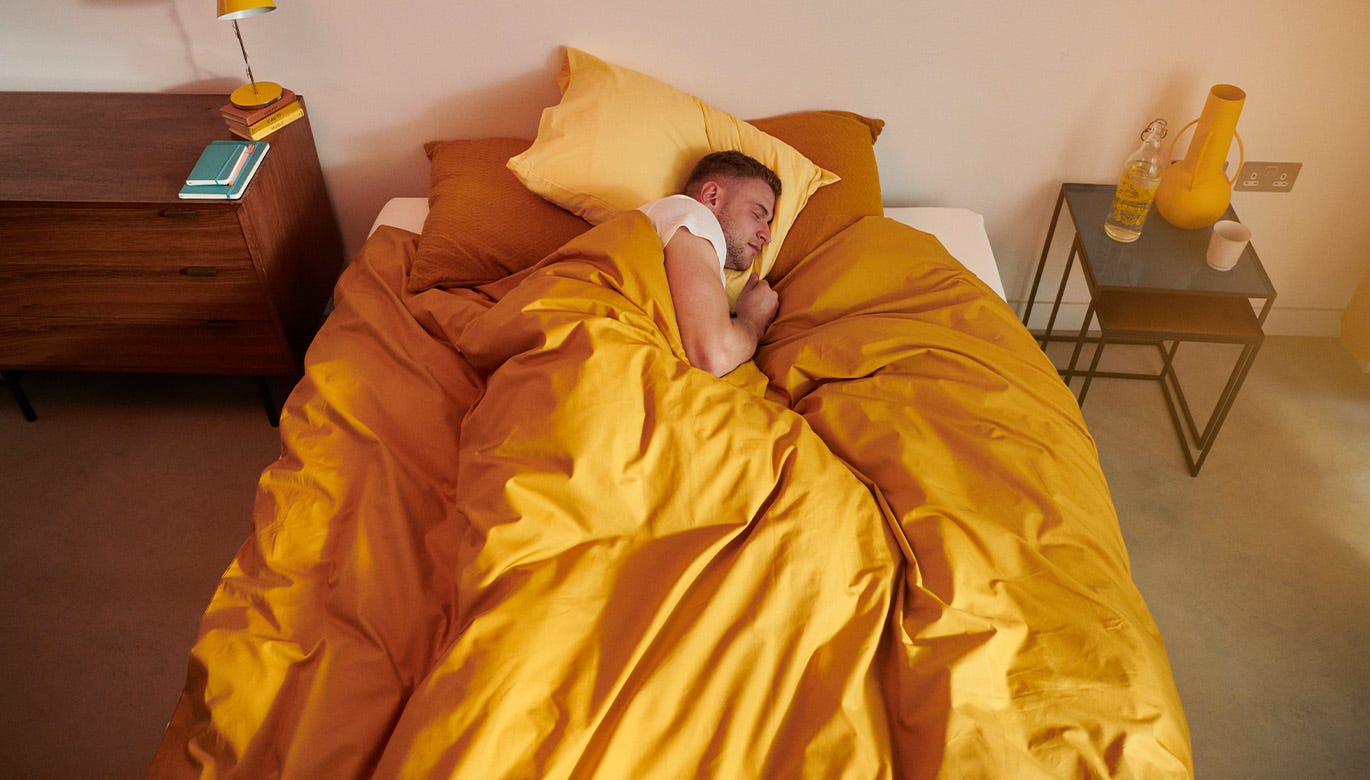
Major concerns about the future
Faced with a list of issues with a potential negative impact on their lives, including climate change, environmental pollution, current political conflicts (e.g., Ukraine), pandemics, among others – Europeans concerns focused mostly on financial aspects. Six in ten respondents (62%) were very concerned about the cost of living in their region, as well as current economic climate (59%), and little more than half mentioned personal financial insecurity and debt (54%). Rounding out the top five concerns were climate change (48%) and the gap between rich and poor worldwide.
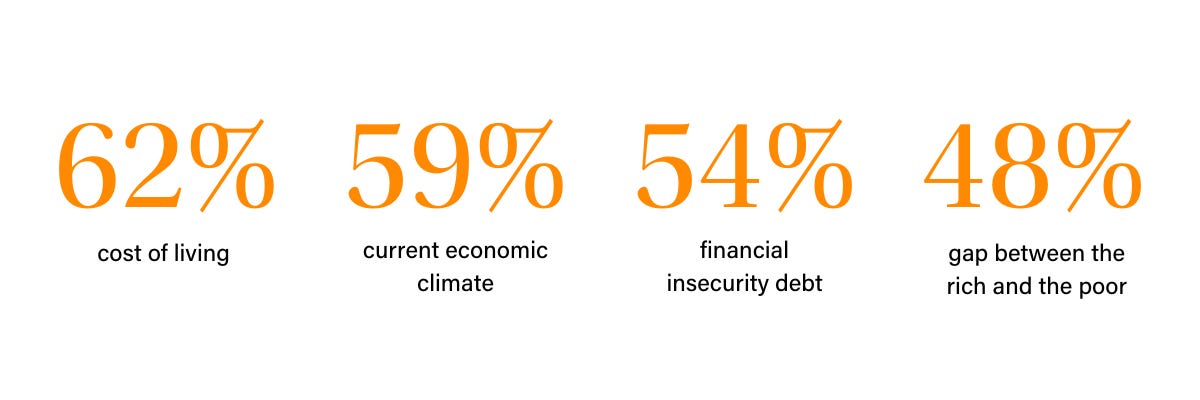
WHAT THE EXPERTS SAY
“Financial stress can create anxiety, exhaustion, strained relationships with partners, and affect productivity, among many other detrimental effects on mental health and sleep. While seeking help for mental health is key, implementing the right strategies to ensure a good night's sleep is a great first step and can impact how we deal with these challenges"
Why are Europeans sleeping worse?
Looking at the reasons that have taken sleep away from Europeans financial insecurity/debt (27%) are the most cited ones, with Portugal (35%) and Spain (30%) leading the way, followed by UK (27%) and Germany (25%). The cost of living is the second biggest reason negatively impacting the sleep of Europeans, with one quarter of the respondents claiming to be affected (24%). Mental health (24%), physical health (21%) and professional perspectives/job security (17%) close the top five.
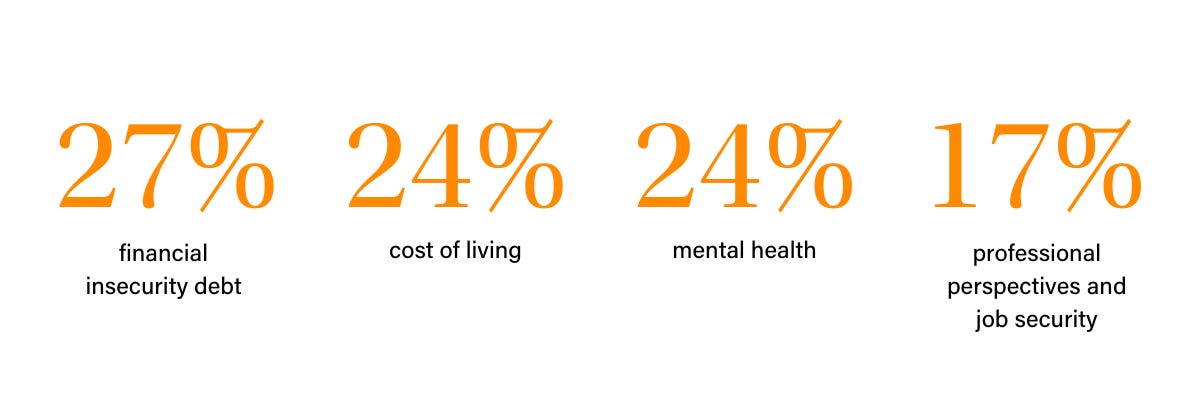
.png?format=pjpg&auto=webp&quality=80&width=1920&disable=upscale)
Emma Up
The Emma App is now available

Visit Sunrise by Emma
Advice from Emma’s sleep experts

Awaken your best
Sleeping well is the first step to be mentally happy
Frequently Asked Questions
If you still have any doubts or questions, here's a list of FAQs to guide you further!